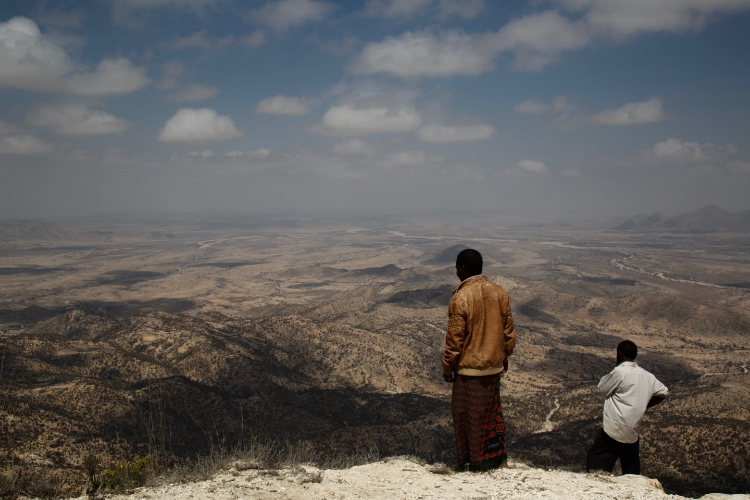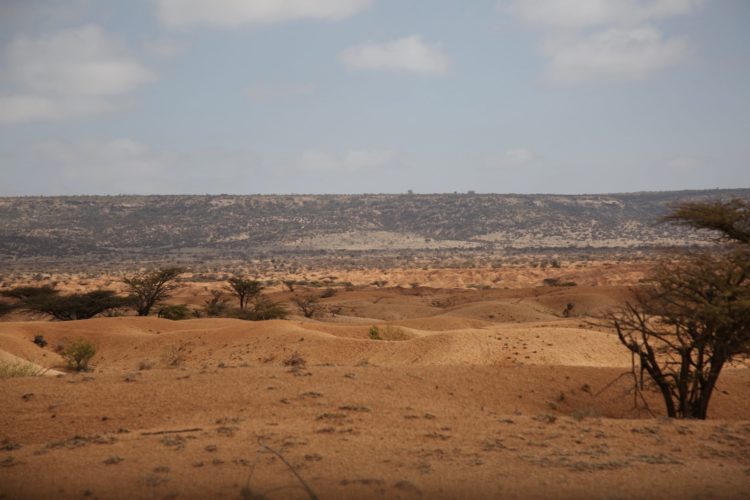National Geographic grant to highlight climate migration

The Third Generation Project, a human rights think tank at the University of St Andrews that focuses on the rights of communities affected by climate change, has been awarded a prestigious grant from the National Geographic Society to shed light on climate migration and fight xenophobia in Scotland.
Awarded as one of National Geographic’s Requests for Proposals (RFP) focused on Documenting Human Migrations, the research will develop a multimedia-oriented classroom curriculum on climate migration that will be pioneered in schools in Fife.
There are over 65 million refugees in the world today and millions more “environmental migrants” are expected over the coming decades. The National Geographic RFP is designed to support impactful projects that, through education or storytelling, seek to increase understanding of and acceptance of migrants and migrant communities, which include (but are not limited to) nomadic communities, refugees of all kinds, migrant labor, victims of human trafficking, and people exploring the planet and beyond.
The Third Generation Project has gathered a team of international journalists and is teaming up with Ethiopian and Somali human rights watchdogs to collect multimedia resources on climate migration narratives around the Horn of Africa.

The multimedia materials will be used to teach in classrooms around Fife about the complexities and gravity of climate change and why xenophobia is ultimately the wrong response to the world’s biggest challenge.
Co-founder and Managing Director of the Third Generation Project (TGP), Professor Ali Watson, said: “This grant comes at a really good time for TGP, as we begin to ground and develop a Centre for Scottish Research on Forced Migration and Human Trafficking.”
“It is one of the greatest tragic ironies that individuals fleeing unlivable conditions must abandon their livelihoods, risk the lives of themselves and their families, and then endure abuse in the same countries that bear the greatest responsibility for climate change,” says Bennett Collins, Executive Director of TGP.
Bennett added: “This is probably the biggest lesson we have to teach Scottish students. Refugee and internally displaced crises are not going anywhere in the decades to come, so we might as well prepare the next generations to have the right attitudes.”
The Third Generation Project, the University’s first and only think tank, was founded in 2016 in response to the need to emphasise collective human rights in the face of climate injustices occurring throughout the world.
It is hoped that the project will extend to schools throughout Scotland to raise awareness and understanding of climate migration.

The Third Generation Project is an independent research and advocacy organisation that aims to prioritise collective rights and identify collective responsibilities.
The project focuses on the collective human rights issues currently facing our world, such as the right to peaceful co-existence, climate justice, sustainable and community-led development, and cultural and community preservation.
The Third Generation Project is based at the University of St Andrews School of International Relations.
Issued by the University of St Andrews Communications Office.